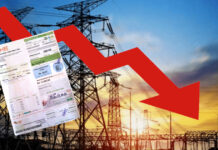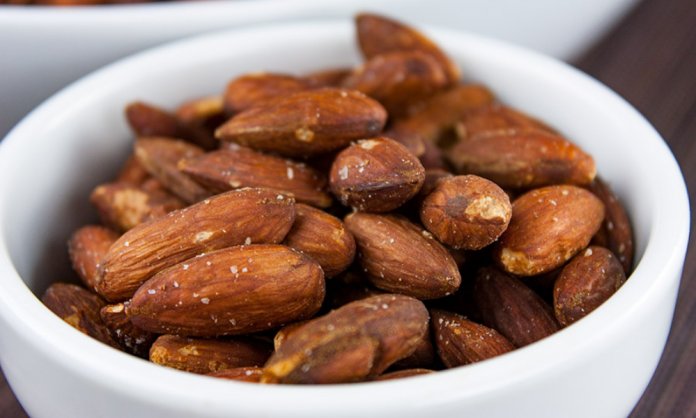Since the blessed month is upon during summers, it is essential to take care of your diet. Now, this certainly does not mean you need to focus on losing weight. That’s not what we’re here for. Taking care of your diet, especially during Ramadan, means that you need to consume foods that help maintain your energy levels and avoid the unhealthy food temptations you get in this month.
Individuals who choose to fast need to understand what goes on in the state of fasting; Unhealthy eating patterns may lead to discomfort and other health issues.
We have compiled a list of 5 foods that you should avoid during Ramadan to stay healthy
1. Simple or refined carbohydrates
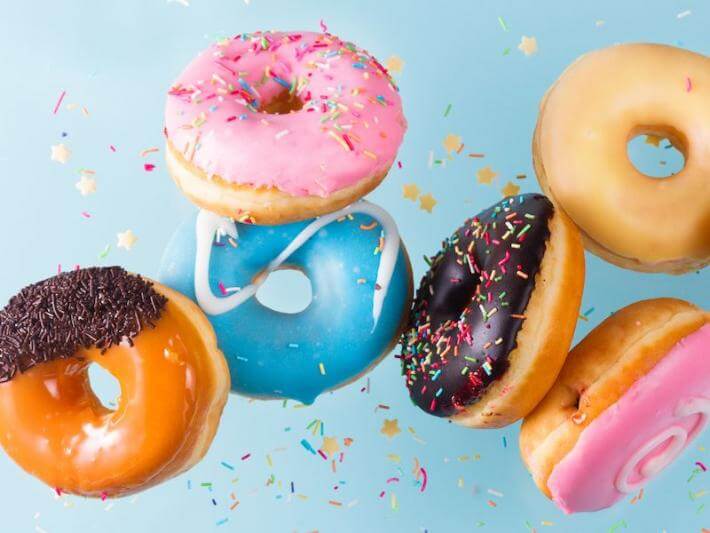
Refined carbohydrates are food that lasts only up to 3 to 4 hours and are low in essential nutrients. These foods include sugars, white flour, pastries, donuts, croissants. So, if you’re looking for good carbs, try to consume nuts, lots of vegetables, lentils, beans, and whole grains.
2. Caffeine
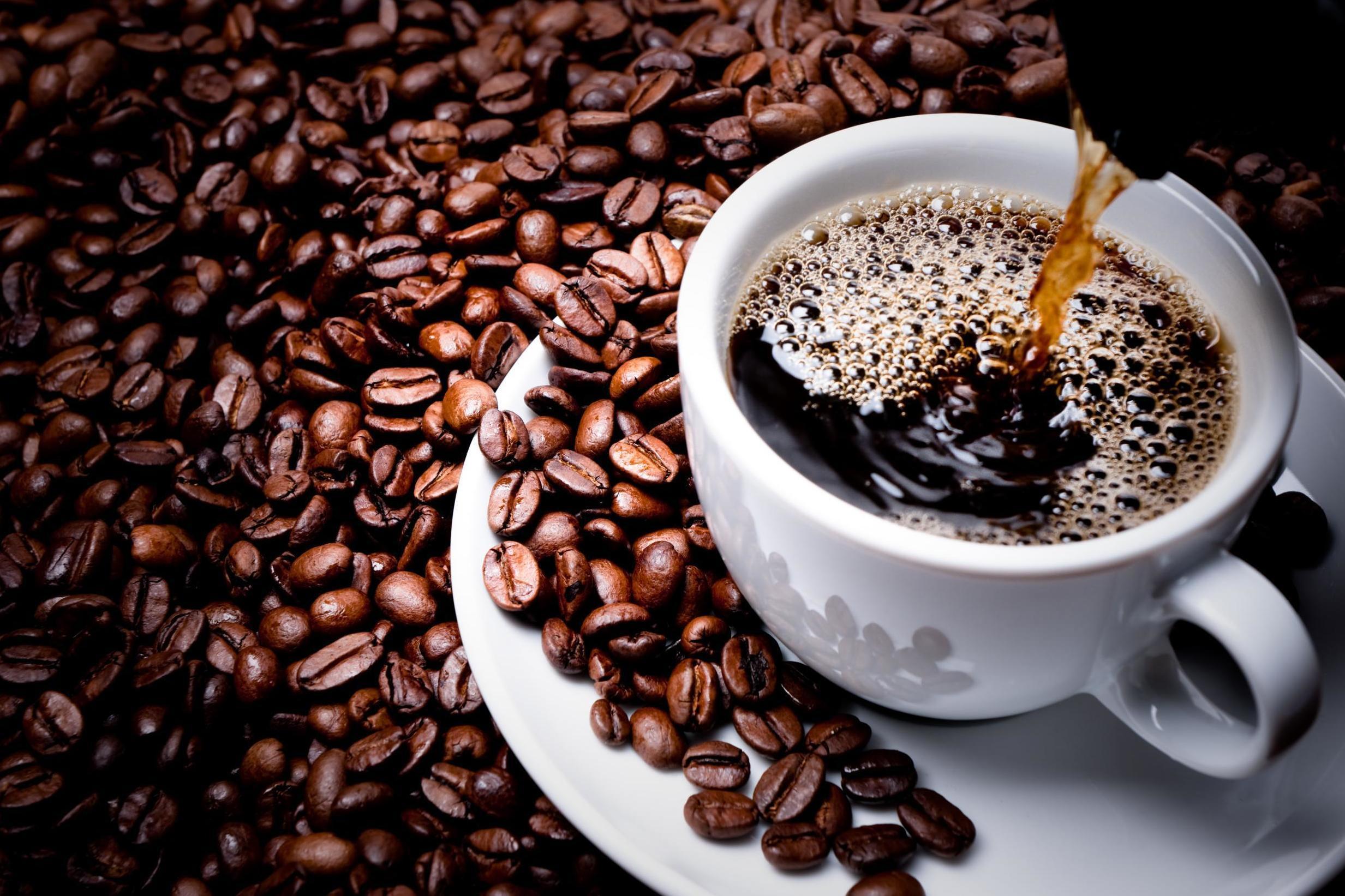
If you’re a coffee-lover, then you would know that caffeine causes insomnia and restlessness. Moreover, in addition to that, caffeine has no properties of keeping you hydrated. Consuming it during Suhoor will keep you longing for water all day. For the time being, control your coffee consumption.
3. Foods that have too much oil
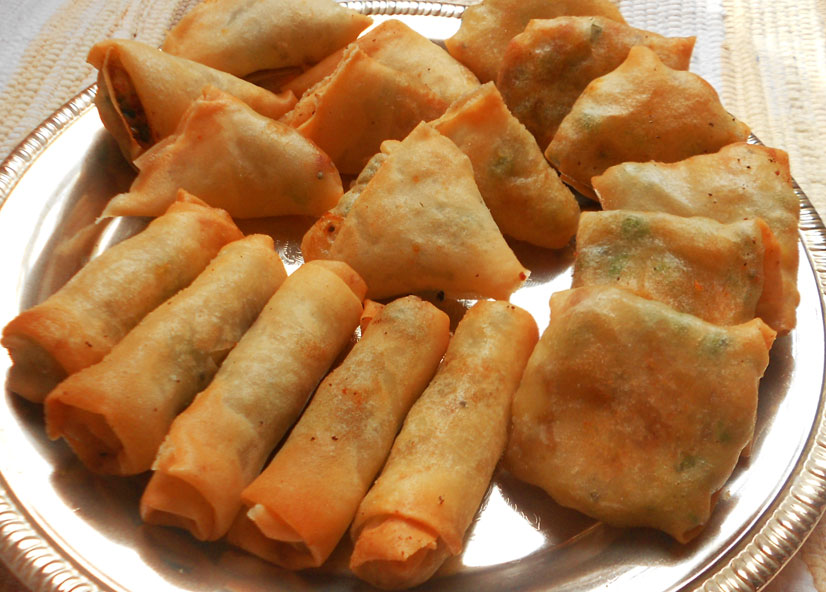
There’s no doubt that oily food is harmful. And before you grab that roll, samosa, or pakora, keep in mind that they have a high percentage of the daily recommended fat. Consuming these regularly may increase fatigue and exhaustion caused by fasting in Ramadan. So, think twice before you for the second one!
4. Foods that have a high amount of salt
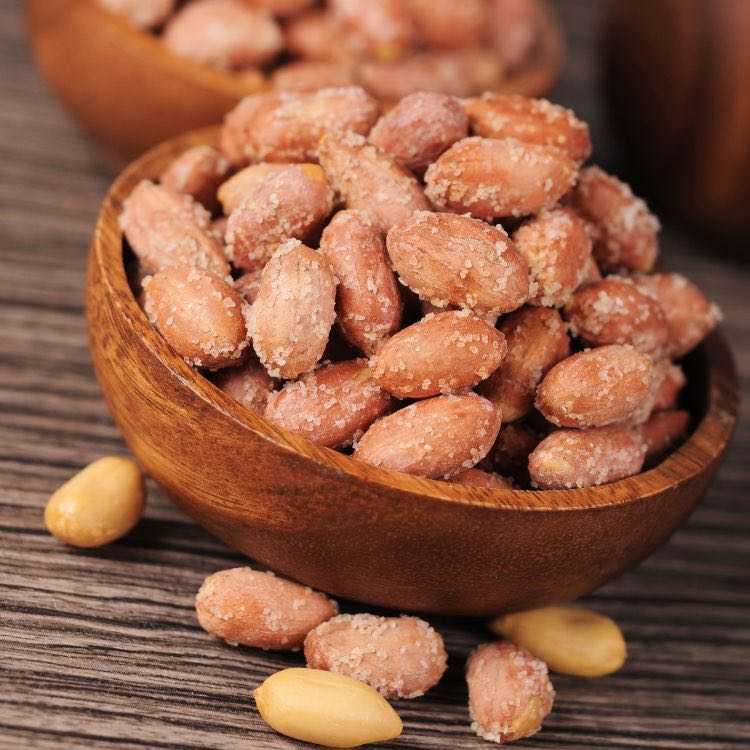
Whether you’re fasting or not, an imbalance of sodium levels in your body can make you feel very thirsty. However, if you’re fasting, avoid any food items that have high amounts of salt in them, such as soy sauce, salted nuts, pickles, and chips. Salt can be very harmful.
What’s your Ramadan diet like? If you follow a specific diet plan, especially in Ramadan, let us know in the comments below. We would love to see how you’re keeping yourselves healthy in Ramadan.
Stay tuned to Brandsyanrio for the latest news and updates.







